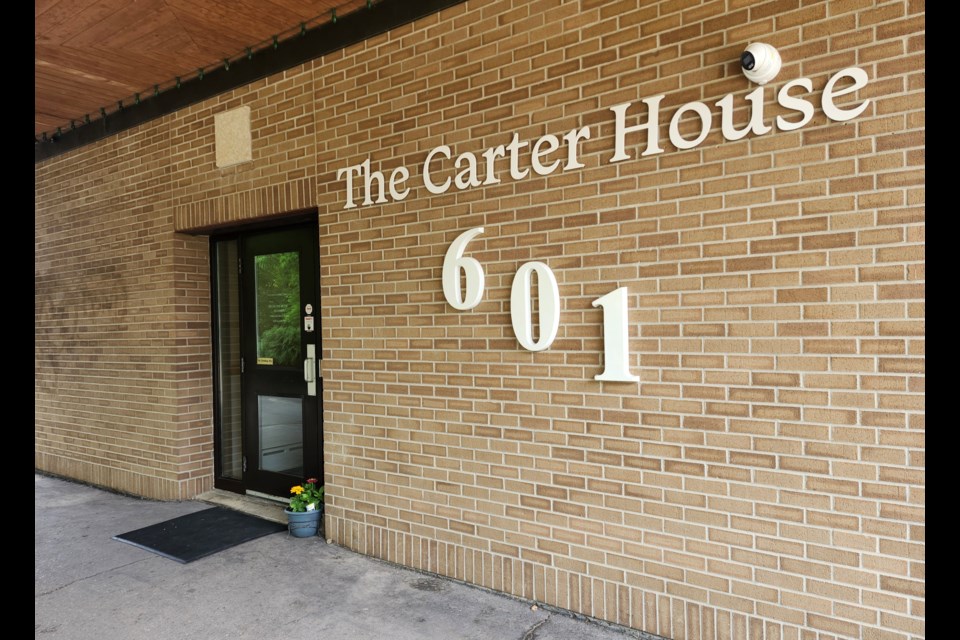SASKATOON — The Carter House has taken over the facility at the former Queen’s House Retreat and Renewal Centre, continuing the latter’s mission of healing while helping individuals struggling with substance abuse and other addictions reunite with their families and reintegrate into the community.
The retreat house, operated by the Oblates of Mary Immaculate, opened in 1958 and, for over 60 years, served as a place of reflection and spiritual encounter for Saskatoon residents. The Oblates’ religious community decided to shut down the facility in July 2024 and moved their ministry to the Star of the North in St. Albert, Alta.
Carter House was co-founded by Dr. Morris Markentin and Katelyn Roberts, with Dave Broda as chief operating officer. They took over the facility a few months after the Oblates closed it, allowing individuals struggling with addiction and using their services to celebrate Christmas with their families.
Broda, Markentin, Roberts and their board joined Saskatchewan Health Authority chief operating officer Derek Miller and other government MLAs to hear Mental Health and Addictions Minister Lori Carr announce annual funding of $7.3 million for 17 new adult addictions treatment spaces at Carter House on June 5.
Carr said Carter House is a treatment centre for families, where parents struggling with substance abuse have a space to recover and be reunited with their children and other family members. The facility includes 17 spaces for mothers and fathers, and can accommodate up to 43 children, giving families the chance to heal and recover together.
“Our government wants to see families get the help and support they need to overcome addictions, strengthen family bonds and live healthy lives. … I am proud that the Carter House will be the largest family treatment centre in Saskatchewan,” said Carr.
“Under our new action plan for mental health and addictions, our government has committed to adding 500 new addictions treatment spaces across the province. With today's announcement, we have a total of 281 new spaces so far. This builds on the 500 spaces that we already had in place, and it is working towards our goal.”
She added the provincial government will invest $623 million from its budget for mental health and addictions services, demonstrating its commitment to providing treatment. The government views mental health and addiction as a growing challenge affecting all communities in the country, she said.
Broda said three groups have already completed the program, and another cohort of 20 families has now moved into the facility, where they are expected to undergo treatment to help them recover and gradually reintegrate into the community, bonding with their kids by playing with them and sharing meals provided onsite.
“We definitely do whatever we can when families leave. It depends on the state of the departure, how quickly it happens, the rapport we build, the connections we establish. But we do whatever we can before they leave to make sure they're going to a good place and are supported the best they can be,” said Broda.
“We have lots of success stories. The most powerful ones are reunification. We get to experience firsthand those reunifications. Some of these parents who've moved in haven't had access to their own children and haven't parented their own children. Getting to see their children, join them at our centre, is a very powerful thing.”




